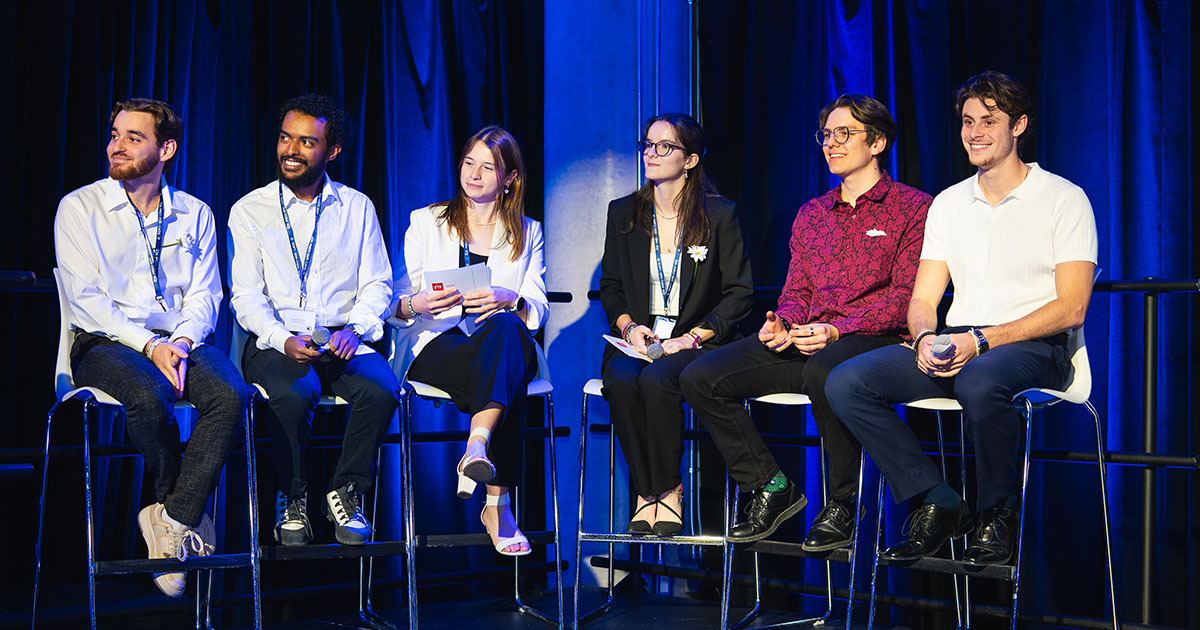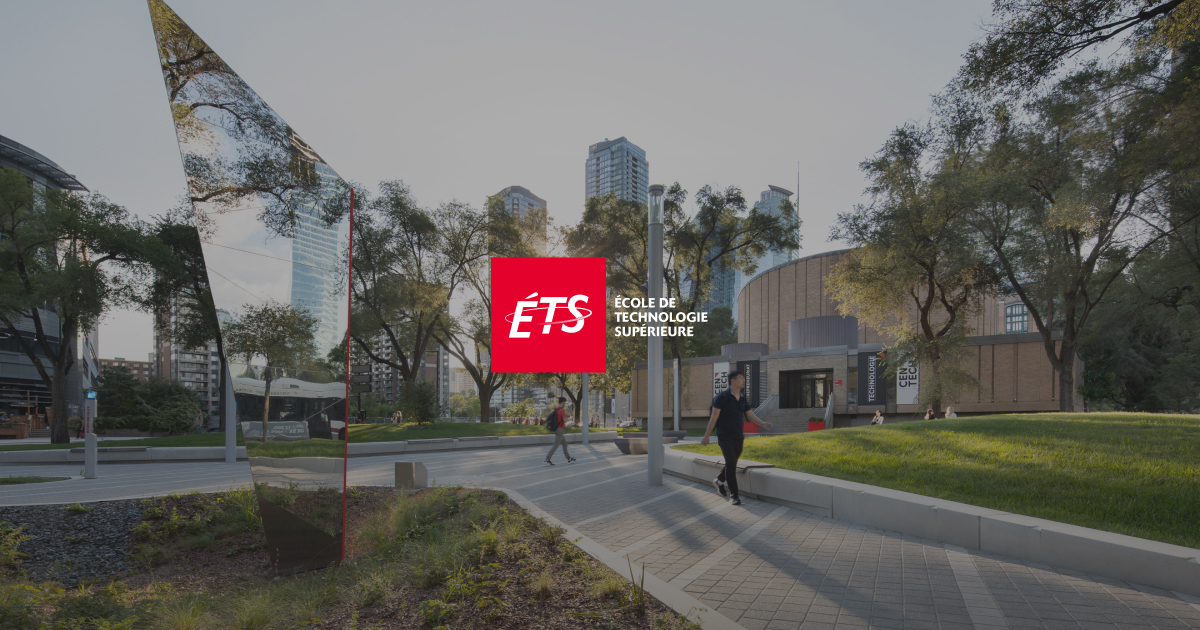
Who hasn’t been exasperated by a convoluted website, where finding the right link to fill in a questionnaire is a feat in itself? ÉTS professor of UX design Alexandra Nemery developed expertise in digital interface ergonomics to facilitate navigation for Internet users.
With a PhD in ergonomics and a master’s degree in occupational psychology and ergonomics, from the Université de Lorraine in France, Alexandra has been working in user experience (UX) design for the past 15 years. Her research focuses on interactive persuasion, which aims to influence people’s behaviour and mindset, notably through gamification. “This process involves borrowing elements from video games to turn them into an educational tool, for example, in learning a language or raising awareness in ecology,” explains Ms. Nemery.
To Be or Not to Be Addicted!
Alexandra Nemery understands the mechanisms that lead to addiction. She tackled the subject of ethics in her PhD thesis. The researcher created a validated grid to measure the persuasive power of a digital article, or to serve as a guide in designing a more convincing product. She noticed that video game designers often resort to “dark patterns,” negative manipulative methods that exploit player anxiety—for example, the fear of running out of information. These practices are increasingly criticized in the industry, according to the researcher.
From France to Quebec
From an early age, Alexandra has had two passions: video games and drawing. While considering enrolling at the Beaux-Arts in France, she met an ergonomist specializing in video games, who shared his enthusiasm for his profession. Alexandra then decided to branch out into psychology and ergonomics—in France, both fields are linked. “It’s important to understand how the human brain works, especially how information is processed and memorized,” says Alexandra.
After a decade in the software and website industry in France, she accepted an offer from Ubisoft in 2018. Her stay in Montréal was expected to last 18 months, but her infatuation with the city prompted her to make it her home. She continued her foray into the world of gaming until ÉTS invited her to participate in the development of a department dedicated to UX design. “Creating the very first Bachelor’s degree in user experience at a university is really exciting!” claims Alexandra.

After teaching at the École d’ingénieurs in France, the École des sciences de la gestion at UAQM, Polytechnique Montréal and HEC Montréal, Professor Nemery arrives at ÉTS with many projects in mind.
Engineering and User Experience
Engineering specialists can design the most advanced and high-performance technology, but if it’s not usable or useful, it won’t sell. Alexandra Nemery gives the example of a construction innovation that could also be used by the average person, a factory or a humanitarian organization. It’s essential to take into account the specific requirements, constraints, aspirations and objectives in each of these groups. One aspect of the UX designer’s work is to examine the contexts of use to help engineers adapt their invention to the target audience. “What we bring to the table is empathy,” explains Alexandra.
She is banking on this fundamental transfer to her ÉTS students.
Gamification Projects
Alexandra’s interest in gamification and serious games extends to a variety of fields. At the moment, Alexandra is working on a 3D model of the St. Lawrence Basin, including elements such as water levels, toxic substances, fish and ship movements. This virtual representation, called a digital twin, promotes awareness of sustainable development.
Another project uses gamification to help people relearn to walk. “Imagine you’re King Kong and you’re crushing cars with your feet. It’s more fun than just exerting force with your legs,” explains Alexandra enthusiastically.
By pairing engineering with gamification, the aim is to improve human well-being. “That’s the beauty of my job,” concludes Alexandra Nemery.
Please see our program pages for more information on our new bachelor's degree in UX design.



